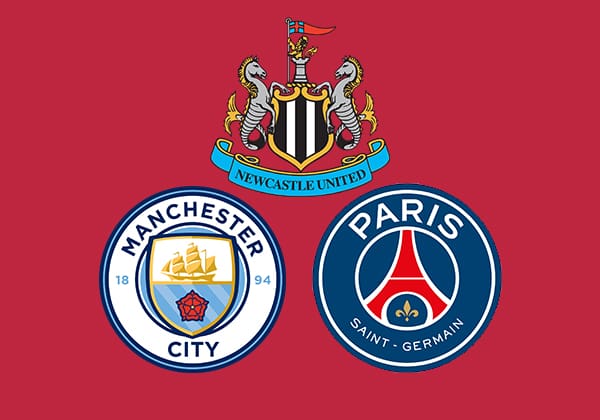Over recent days, the streets of Newcastle in Northern England have been buzzing with optimism for the future of its long-suffering football team Newcastle United, following the completion of a Saudi Arabian-financed club takeover. The purchase, which has been prolonged by legal disputes regarding the fitness of the consortium behind it, was finally approved by the Premier League, having been satisfied that the “Kingdom of Saudi Arabia will not control Newcastle United Football Club.” It appears the Premier League is content to separate the Saudi Arabian Public Investment Fund (PIF), headed by Crown Prince Mohammed Bin Salman, from the Saudi Arabian government, despite the fund essentially functioning as a government account, and Bin Salman being widely recognised as the de facto leader of the Saudi state. Although its approval is unsurprising given the success of similar ownership arrangements at fellow European clubs Manchester City and Paris Saint-Germain (backed by the United Arab Emirates and Qatar respectively), the accusations of sportswashing that have met its approval are well-founded, and indicative of a growing frustration amongst human rights groups that sports ownership has become a means for repressive governments to promote their country and garner positive media representation.
The term ‘sportswashing’ has only risen to relevance in recent decades, and refers to countries or states using sports clubs or events to airbrush past human rights abuses and improve their global image. Sports leagues have chosen to intentionally ignore the validation represented by accepting unethical individuals into their exclusive ownership groups, neglecting any moral responsibility at the promise of billions of dollars of investment in their game. Each of the governments these football ownership groups represent are globally recognised as amongst the most abusive and oppressive regimes currently operating, sharing a penchant for political executions, severe limitations of women’s rights, and complete prevention of a free press, amongst many other violations. A particularly haunting recent example was the murder and dismemberment of dissident journalist Jamal Khashoggi in 2018 inside a Saudi Arabian embassy, a horrific crime that Bin Salman has been personally linked to.
Yet despite these facts, the Premier League have either failed to recognise the motives and consequences of Saudi Arabia’s involvement, or, far more likely, do not care. It has become clear through existing examples that the celebrity status inherent to modern sports ownership is an effective path for despots to have their wealth and status legitimised. Newcastle United is on its way to become a tool for the Saudi Arabian government to promote itself, a channel through which money, to some extent, ensures success and further validation.
Crucially, football can still salvage itself from the corruption of state ownership, and in doing so prevent a culturally unifying sport from becoming a glorification of tyrannical governments outbidding each other in the pursuit of brilliant athletes and the adoration they engender from fans. The success of the mass protests undertaken by football fans at the announcement of a breakaway ‘European Super League’ earlier in the year (which was a blatant attempt by the wealthiest clubs to centralise the sport’s revenue amongst themselves), clearly illustrates that a united and sustained rejection of the decisions made by football’s powerbrokers can still have a real impact.
Complicating this effort, however, is the divisive response of Newcastle fans, as well as football’s wider audience. Having witnessed the immediate success at Manchester City following UAE financing, many Newcastle fans have welcomed the sale, an understandable reaction for any club supporter not blind to the fact teams can no longer win without enormous investment. The images of Newcastle fans dressed as Saudi princes, or Manchester City supporters hoisting banners thanking Sheikh Mansour, demonstrate that not only are the fans open to this idea, but they are eager. The potential this purchase has to establish Newcastle United as a global brand, and with it elevate the recognition and prosperity of the city of Newcastle, is undeniable. Yet it must be rejected in the face of such clear ramifications for football and global sport’s future.
This debate around the hijacking of sports by undemocratic states will resurface with greater international attention next year as the 2022 World Cup gets underway in Qatar, an event the host nation secured through blatant and unbridled corruption, and that has contributed to thousands of migrant worker deaths in building the required infrastructure. The World Cup offers an opportunity for the Qatar government to promote their country to a global audience, and present a positive, constructed illusion of life in their country. Unless the billions of people that make up football’s audience make their voices heard, whether it’s through hashtags or boycotts, sport has little hope of maintaining the spirit and tradition with which it has captured hearts, and will become only another industry sacrificed at the altar of cash.





